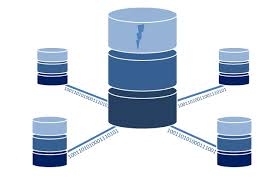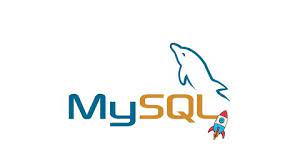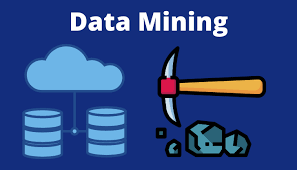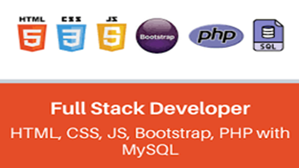Description
About the course
Professor Arnab Bhattacharya, a faculty of the Department of Computer Science and Engineering at the Indian Institute of Technology, Kanpur, has designed this fundamental course.
This course will cover the basics of database systems. In addition to the traditional relational database systems, it will also introduce briefly the new paradigm of NoSQL databases used in big data systems. The topics will cover all important aspects including normalization, query processing, and transactions.
Learning Outcomes
After completing this course, you will be able to:
- Understand and evaluate the role of database management systems in information technology applications within organizations.
- Write queries to create databases and tables.
- Develop sophisticated queries to extract information from large datasets.
- Understand the SQL data definition and paradigm of NoSQL databases.
- Boost your hireability through innovative and independent learning.
Target Audience
The course can be taken by:
Students: All students who are pursuing professional graduate/post-graduate courses related to computer science and engineering or data science.
Teachers/Faculties: All computer science and engineering teachers/faculties.
Professionals: All working professionals from computer science / IT / Data Science domain.
Why learn DBMS?
Data is at the center of almost all applications in current time. It is difficult for the organizations to operate without data. In many ways, business today is data. Without data, businesses would not have the ability to manage finances, conduct transactions, or contact their customers. A survey of IT managers conducted by Information Week in December 2000 showed that the top two database management execution issues faced by companies are: ease of administration and availability of qualified administrators. So, there is a huge demand for database managers and administrators in the industry. So, it’s worth learning database management and administration.
Course Features
- 24X7 Access: You can view lectures as per your own convenience.
- Online lectures: 13 hours of online lectures with high-quality videos.
- Updated Quality content: Content is latest and gets updated regularly to meet the current industry demands.
Test & Evaluation
Each lecture will have a quiz containing a set of multiple choice questions. Apart from that, there will be a final test based on multiple choice questions.
Your evaluation will include the overall scores achieved in each lecture quiz and the final test.
Certification
This course is free and it has no certificate.
Topics to be covered
- Introduction to Databases
- Relational Data Model
- Relational Algebra - Basic Operators
- Relational Algebra - Composition of Operators
- Relational Algebra- Additional Operators
- Relational Algebra - Extended Relational Algebra
- Relational Algebra: Database Modifications
- SQL: Introduction and Data Definition
- SQL: Basic Queries
- SQL: Advanced Queries
- SQL: Updates, Joins, Views and Triggers
- Normalization Theory: Motivation
- Normalization Theory: 1 NF and 2NF
- Normalization Theory: 3NF
- Normalization Theory: BCNF
- Normalization Theory: MVD
- Physical Design
- Database Indexing: Hashing
- Database Indexing: Tree-based Indexing
- Query Processing: Selection
- Query Processing: Sorting
- Query Processing: Nested-Loop joins and Merge join
- Query Processing: Hash Join and Other Operations
- Query Optimization: Equivalent Expressions and Simple Equivalence Rules
- Query Optimization: Complex Equivalence Rules
- Query Optimization: Join Order
- Query Optimization: Heuristics and Sizes
- Database Transactions: Properties and failures
- Database Transactions: States and Systems
- Recovery Systems : Deferred Database Modification
- Recovery Systems : Immediate Database Modification
- Recovery Systems : Check pointing and Shadow Paging
- Schedules : Introduction
- Schedules : Conflict Serializability
- Schedules: View Serializability
- Schedules : Result Equivalence and Testing for Serializabitlity
- Schedules: Recoverability
- Concurrency Control: Locks
- Concurrency Control: Two-phase Locking Protocol
- Concurrency Control: Timestamp Ordering Protocol
- Concurrency Control: Validation-based Protocol
- Concurrency Control: Multiple Granularity for Locks
- Concurrency Control: Deadlock Prevention and Deadlock Detection
- Concurrency Control: Deadlock Recovery and Update Operations
- Fundamentals of Database System - Final Quiz
Note : Parts of this material has been sourced from NPTEL, adapted and modified to adhere to our Pedagogical requirements and uploaded to YouTube for reuse under the same license.




Reviews
There are no reviews yet.